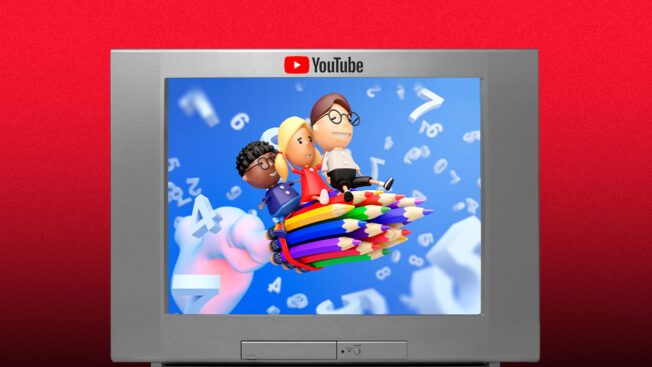Master evolving third-party data. Our guide with Datonics debunks misconceptions, offers insights for data selection and respects privacy. Download now.
Two years ago, Apple rocked the mobile privacy world by introducing its App Tracking Transparency framework, which requires app publishers to get peoples’ consent to track them. The resulting lack of available signals and attribution spurred manymobile advertisers to rely more on earned channels, eschewing paid media altogether.
But YouTube may still be tracking people who visit its iOS app, raising questions about whether the company is complying with industry privacy-focused efforts to give people more control over their data.
By observing over 300 clicks to ads, Adalytics found YouTube never asked consent to be tracked, with that tracker following each click to a website, said head researcher Krzysztof Franaszek.
The research found that YouTube’s iOS app appends an identifier called WBraid to people who watch and click on an ad and then land on the brand’s website. (WBraid is a parameter designed specifically to attribute conversions back to ad campaigns, according to Google documentation). WBraid is then available to other trackers and data brokers that communicate with the website. In the research, each WBraid appeared to be unique to each click on the ad, with the code changing significantly each time.
“There are serious doubts whether some ad click parameters such as WBraid are ATT compliant,” given that WBraid appears to track users without their consent, said Thomas Petit, a mobile ad-tech consultant. “Especially as YouTube doesn’t ask for consent, Google offloads the responsibility onto advertisers and yet is able to process [user behavior] to attribute and report conversions. There are both privacy and antitrust issues in this case.”
The research was one finding in a larger report about YouTube’s ad-tracking practices. The report focused on YouTube’s advertising practices to children, alleging the video platform improperly tracked children, claims which Google has vigorously denied. Google, set to deprecate third-party cookies in Chrome next year, is both one of the chief architects of the new privacy paradigm of the internet and one of the biggest targets for regulators looking to rein in big tech. Under this scrutiny, the research calls into question how much the advertising community can trust Google at its word.


